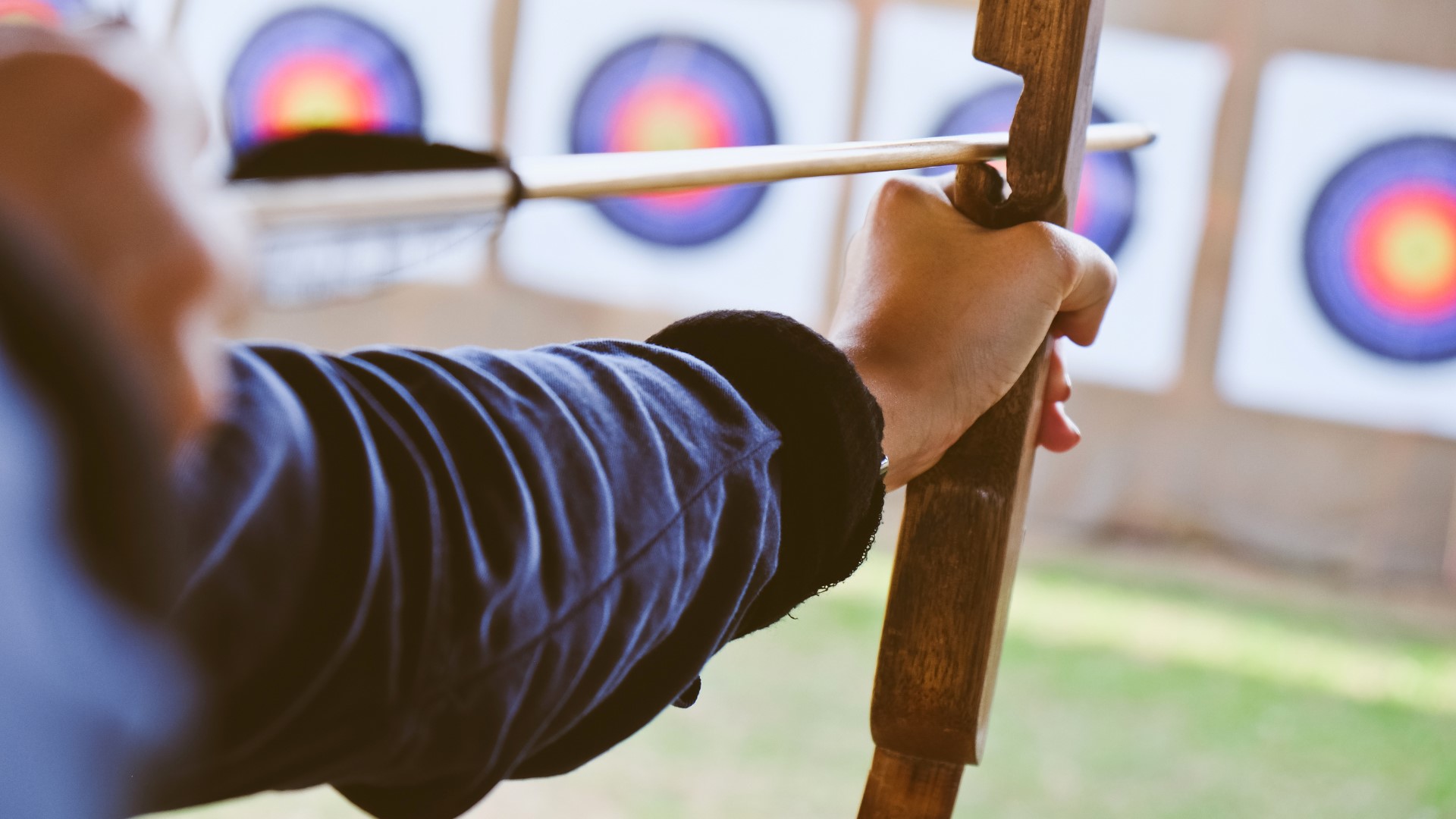Are you struggling with a lack of concentration and focus while studying? Do you find yourself easily distracted or unable to maintain focus on your tasks? If so, you’re not alone. Many students and adults experience difficulties when it comes to concentration, which can have a negative impact on their productivity and learning outcomes. In this blog, we will explore effective strategies to help you overcome the challenges of a lack of concentration and focus while studying.

- Understanding the Causes of Lack of Concentration
Before diving into strategies to improve concentration, it’s important to understand the underlying reasons for lack of concentration. Various factors can contribute to a lack of concentration, and identifying these factors can help you develop targeted solutions.
- Fatigue: Lack of sleep and physical exhaustion can severely impact your ability to concentrate in studying. This can cause loss of concentration in day to day activities.
- Stress and Anxiety: High levels of stress and anxiety can make a lack of concentration and focus on your studies. It plays a main role to reason for lack of concentration.
- External Distractions: Noisy environments, electronic devices, and social media can all distract you from your studies. This is the main reason for lack of concentration in adults for decades.
- Lack of Interest: When you’re not interested in the subject matter, it becomes a reason for lack of concentration.
- Poor Study Environment: An unorganized and cluttered study space can hinder your ability to concentrate in studying.

- Strategies to Improve Concentration and Focus
Now that you understand some of the common causes of lack of concentration and, let’s explore strategies to enhance your focus while studying.
- Prioritizing the reason for studying

As the world becomes more competitive, education has become an essential aspect of life. Studying is not only an opportunity to gain knowledge and skills but also a chance to advance in your career or personal development. Before enrolling in any course or program, it’s important to prioritize why you want to study. Understanding your motivation for studying will help you pursue your career with ease and clarity, that aligns with your goals and aspirations. Additionally, prioritizing your reasons for studying will enable you to stay focused and motivated throughout your academic journey.
- Create a Productive Study Environment

The study environment plays a significant role in improving concentration. Find a quiet and comfortable place to study, preferably away from distractions like television or noisy areas. Organize your study materials and create a clean and clutter-free workspace. A well-lit area with a comfortable chair and a proper desk can enhance your focus and can overcome lack of concentration.
- Practice Mindfulness and Meditation

Mindfulness and meditation techniques can significantly overcome lack of focus and improve concentration in studying. Take a few minutes each day to engage in deep breathing exercises or mindfulness meditation. These practices calm the mind, reduce stress, and increase present-moment awareness, to improve concentration on your studies. The best guided meditation for improving concentration effortlessly is through the Arjuna Focus 2.0 guided track.
- Eliminate Distractions

Minimizing distractions is crucial for improving concentration. Turn off notifications on your phone or put it on silent mode to concentrate on studying. If necessary, use website blockers or apps that restrict access to social media or other non-essential websites during your study sessions. One powerful way to remove distractions is through the Arjuna Focus 2.0 online course.
- Set Clear Goals and Prioritize Tasks

Setting clear goals for your study sessions can provide a sense of direction and purpose, increasing your motivation and concentration in studying. Break down your study tasks into smaller, more manageable goals. Prioritize your tasks based on importance and urgency, tackling the most challenging or important ones when your mind is fresh and alert can overcome loss of concentration.
- Practice Active Learning Techniques

Engaging in active learning techniques can boost your concentration in studying and retention of information. Instead of passively reading or listening to lectures, actively participate in your learning process. Take notes, summarize information in your own words, create flashcards, or teach the material to someone else you can overcome from lack of concentration. These activities stimulate your brain and make the learning experience more interactive and engaging.
- Manage Your Time Effectively

Time management is crucial for maintaining concentration in studying. Plan your study sessions in advance and allocate specific time slots for different subjects or tasks. Break your study time into manageable chunks, such as 25-30 minutes of focused studying followed by short 5-10-minute breaks. This technique, known as the Pomodoro Technique, can help prevent lack of concentration, mental fatigue, lack of concentration in adults and improve your ability from loss of concentration.
- Take Breaks and Incorporate Physical Activity

- Stay Hydrated and Maintain a Healthy Diet

Proper hydration is essential for optimal brain function. Dehydration can lead to fatigue, headaches, and difficulty for concentration in studying. Drink enough water throughout the day to stay hydrated and enhance your cognitive performance. Additionally, maintain a balanced diet rich in fruits, vegetables, whole grains, and lean proteins. Certain foods, such as fatty fish, blueberries, and nuts, have been associated with improved cognitive function and can support your loss of concentration.
- Seek Support and Accountability

If you’re consistently struggling with concentration in studying despite implementing various strategies, don’t hesitate to seek support. Reach out to mentors, educators, teachers and family for guidance and encouragement. They can provide accountability and help you overcome lack of focus on your goals.
- Improve Your Sleep Habits

Adequate sleep is crucial for optimal cognitive function, including concentration and focus. Make sure you regulate and maintain your circadian rhythm by establishing a regular sleep routine and aim for 7-9 hours of quality sleep each night. Avoid electronic devices before bed and create a relaxing bedtime routine to signal your body that it’s time to rest and can overcome lack of focus and lack of concentration in adults.
- Practice Self-Care and Stress Management

Taking care of your overall well-being is crucial for maintaining concentration in studying. Engage in activities that reduce stress and promote relaxation, such as hobbies, exercise, or spending time in nature. Prioritize self-care and ensure you are taking breaks and practicing self-compassion throughout your study sessions.
- Finding Meaning and Working Towards a Greater Purpose

One way to deal with lack of concentration and focus while studying is to remind yourself of the greater purpose behind your education. It can be easy to get bogged down in the details and lose sight of why you are putting in so much effort. Take a step back and ask yourself: what do I hope to achieve through my studies? Whether it’s a specific career path or simply personal growth, keeping this end goal in mind can help motivate you when your focus wanes.
Another strategy is to find meaning in the material you are studying. Sometimes, subjects that seem dry or irrelevant can come alive when we connect them to our own interests and values. For example, if you’re struggling through a history textbook, consider how the lessons from the past apply to current events or social justice issues that matter to you. By finding significance in what you’re learning, it becomes easier to engage with the material on a deeper level and stay focused for longer periods of time.
Conclusion
Dealing with a lack of concentration in studying can be challenging, but with the right strategies and consistent practice, you can enhance your focus and improve your learning outcomes. Remember to identify the specific causes of lack of concentration, create a productive study environment, manage your time effectively, practice mindfulness and meditation, set clear goals, eliminate distractions, and take care of your physical and mental well-being. By implementing these strategies and making them a part of your study routine, you can overcome the obstacles of a lack of concentration and enhance your ability to focus and learn effectively.



